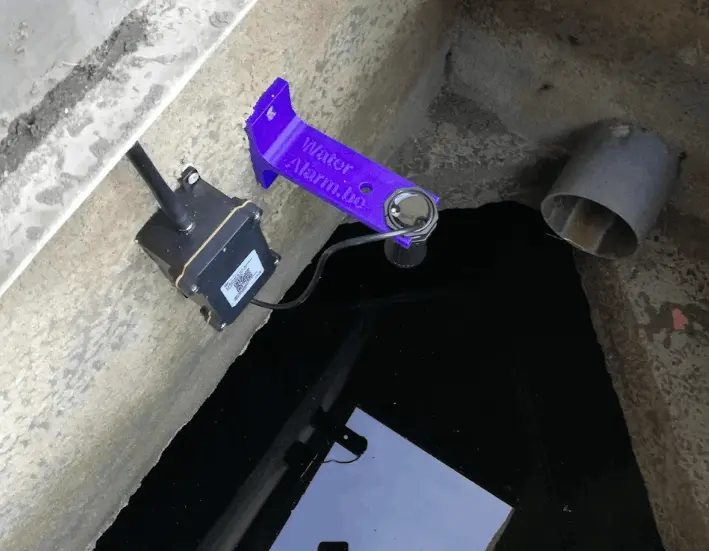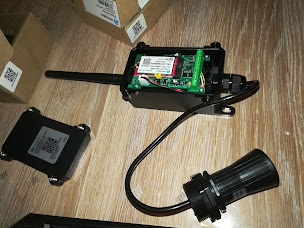

Websites en consultancy
Consultancy voor je IT project? Of je eigen domein voor jouw zaak of vereniging?





Consultancy voor je IT project? Of je eigen domein voor jouw zaak of vereniging?


